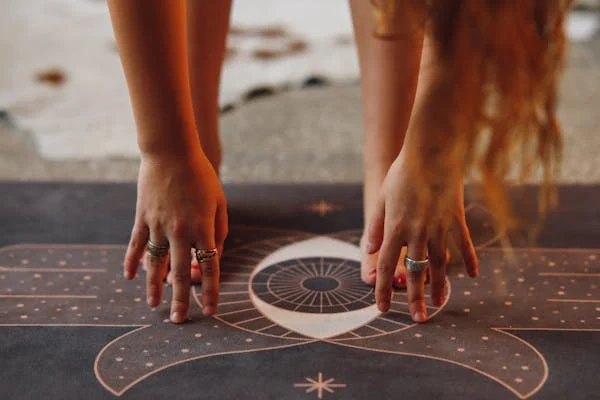In a world that celebrates productivity and applauds packed calendars, the idea of slowing down can feel like falling behind. The culture of hustle tells us that success is earned by constant motion—early mornings, late nights, and the ability to push through no matter what. On the flip side, there’s a growing awareness of burnout, mental fatigue, and the toll it takes when rest is ignored.
Trying to balance ambition with well-being is one of the most common challenges people face today. Whether you’re building a career, running a business, or simply juggling responsibilities, the question lingers: how do you chase your goals without losing yourself along the way?

The Pressure to Keep Going
We live in a time where being busy is worn like a badge of honor. Social media feeds are filled with people achieving, building, grinding. The message is clear: if you’re not working harder, you’re not working enough. But what this mindset rarely accounts for is the cost.
Fatigue, poor sleep, chronic stress, strained relationships—these are often the side effects of living in overdrive. And because they creep in slowly, they’re easy to ignore until they become hard to reverse.
Hustle culture encourages self-sacrifice, but long-term performance doesn’t come from burnout—it comes from balance.
What Self-Care Really Means
Self-care isn’t just bubble baths and face masks. It’s setting boundaries. It’s saying no. It’s knowing when to work and when to walk away. It’s prioritizing the basics: sleep, movement, nutrition, and stillness.
It also looks different for everyone. For some, it’s alone time. For others, it’s reconnecting with people who bring ease rather than pressure. It’s not about checking a box—it’s about checking in with what actually restores you.
At its core, self-care is a strategy for sustainability. It’s not an excuse to avoid responsibility—it’s how you continue to show up for it, without falling apart.
Why Rest Feels Like Guilt
One of the reasons people struggle with self-care is because it often feels like weakness. If you’re not doing something “productive,” you’re wasting time—or so we’ve been conditioned to believe. This mindset equates worth with output.
But rest isn’t lazy. Rest is repair. And no one performs at their best when they’re depleted. Taking a break isn’t giving up; it’s preserving your capacity to keep going.
Learning to rest without guilt is one of the most important skills you can build if you want to do meaningful work over the long haul.

Signs You’re Out of Balance
Sometimes it’s obvious when you’ve pushed too far. Other times, it’s subtle. Watch for these signs:
- You feel exhausted even after sleep
- You can’t focus for more than a few minutes
- You’re always in a rush, even for small things
- You’ve lost interest in hobbies or people you once enjoyed
- You feel anxious when you’re not working
- You’ve started to treat rest like a reward instead of a need
These signals are your body and mind asking for something different.
Building a Life That Can Hold Both
It’s possible to be ambitious and still care for yourself. But it takes intention. The goal isn’t to pick one over the other—it’s to learn how to blend both.
1. Schedule downtime like meetings
Treat rest as non-negotiable. Block out time for breaks, hobbies, or doing absolutely nothing. Protect that time the same way you would a work call.
2. Define success on your own terms
Not every goal needs to be monetized or turned into a side hustle. Ask yourself what you’re chasing—and why. Align your efforts with what actually fulfills you.
3. Set limits on your workday
Whether you work from home or in an office, have a clear end to your workday. Boundaries help keep work from spilling into every corner of your life.
4. Stay connected to your body
Pay attention to how you feel. Are you tense? Are you holding your breath? These small signs can alert you when it’s time to pause.
5. Give yourself permission to rest
You don’t need to earn rest. You need it because you’re human. The more you normalize breaks, the more sustainable your efforts become.
The Long Game
The most successful people aren’t always the ones who grind the hardest. They’re often the ones who know how to manage their energy, set priorities, and take care of themselves in the process. They understand that progress doesn’t come from burning out—it comes from being able to show up again tomorrow, and the next day, and the next.
So if you’re tired, take the break. If you’re overwhelmed, set a boundary. If you’re chasing a dream, build in time to breathe along the way.
Balance isn’t a finish line—it’s a practice. One that shifts day to day, and one that’s worth learning if you want to thrive without falling apart.




